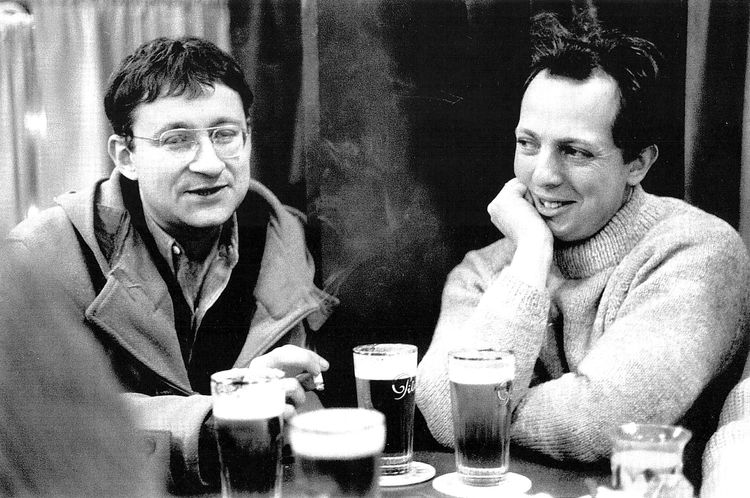
Raoul Vaneigem is a Belgian writer and agitator who was a major protagonist in the initial incarnation of the Situationist International. Best known for his 1967 essay The Revolution of Everyday Life, to this day Vaneigem has continued to write books that probe the history of resistance to political structures that deprive life of vitality and freedom. Roar magazine has a rare interview with Vaneigem in which he discusses his conception of freedom, the limitations of the Situationist International (SI), and the promising uprising of the Gilets Jaunes. Check out an excerpt below.
One of the most important contributions of the SI lied in its systematic critique of commodity fetishism and the spectacle. In an age of the gradual privatization of everything — from education and research to health care and public transport — when more and more of life takes place online on social media owned by corrupt tech giants who amass, store and sell our personal data, in short, in a time when social relations are mediated more than ever before through images and representations, what is there to learn from the Situationist project?
The thought that nourished the radicalism of May 1968 is still slowly making its way. It must be remembered that it was about nothing less than to found a self-managed society where the assemblies of direct democracy would put an end to the State, the protector of the exploiters and the oppressor of the exploited. The alliance of the communist party and the government back then broke a revolutionary élan that also gangrened from within the rise of petty leftist leaders.
That there are no leaders among the Gilets Jaunes and that only the endorsement of the assemblies accredits a spokesman marks a clear progress improvement from the 1968 occupy movement.
Image: Raoul Vaneigem (right) and Guy Debord. Via infoshop.org.